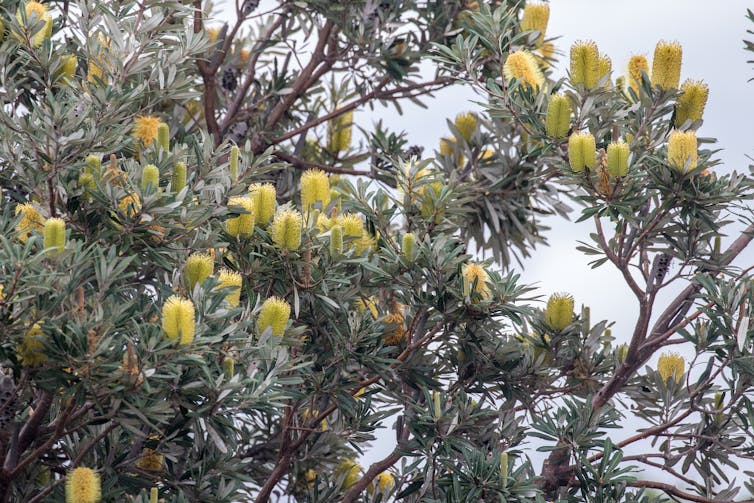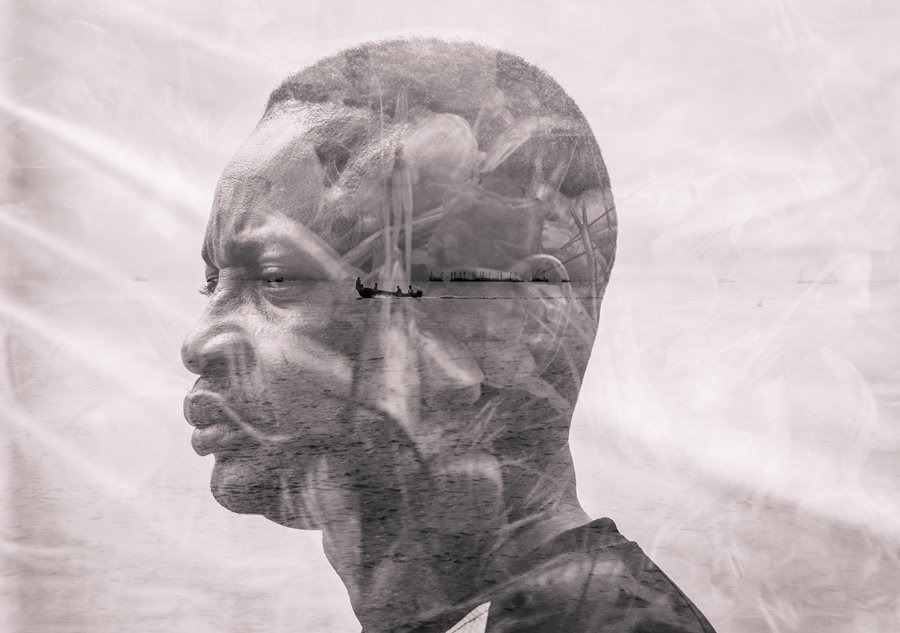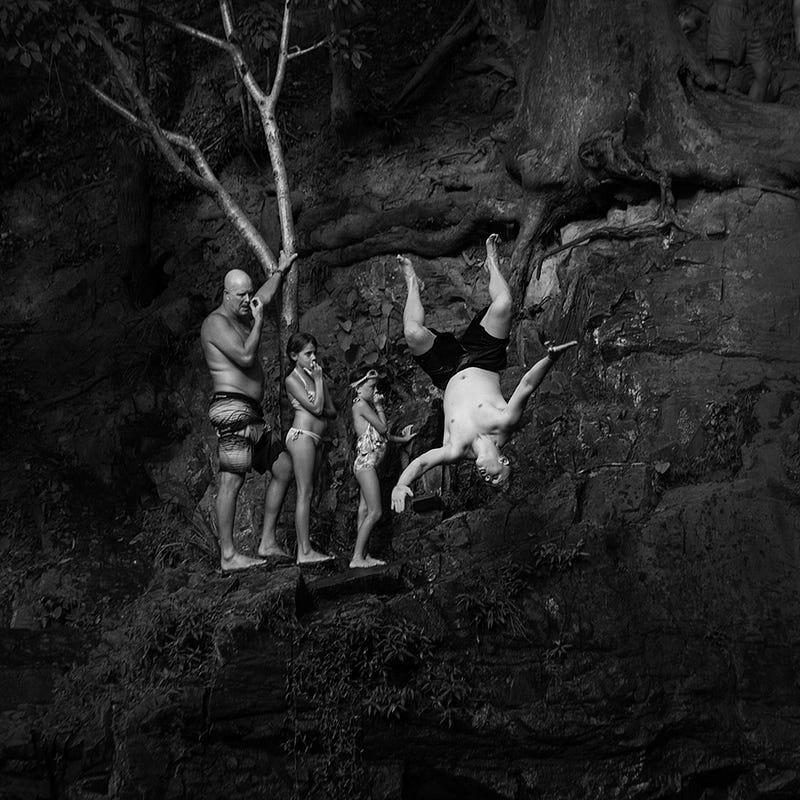http://asenseofplacemagazine.com/chasing-the-scream-the-hounding-of-billie-holiday/
Chasing the Scream: The Hounding of Billie Holiday

The authorities hounded Billie Holiday to death.
Almost 60 years later, venal self-serving governments continue to promote moral panic and public hysteria perpetrating policies they know perfectly well don’t work. The same policies that achieve nothing but empowerment of thugs inside and outside of governments, all at the expense of those who make personal choices different to the mainstream. Or those with substance abuse issues.
There is no appeal to our better angels. There remains a direct appeal to the worst of our natures.
All over a private and personal issue, for what people do with their own lives in their own time with their own money.
The best book ever written on drug policy is Chasing the Scream: The First and Last Days of the War on Drugs, by British journalist Johann Hari.
Simple as that.
A pity governments pay no heed to the best and brightest.
The book attracted a torrent of praise from many high profile figures.
“Johann Hari’s book is the perfect antidote to the war on drugs, one of the most under-discussed moral injustices of our time. It combines rigorous research and deeply human story-telling. It will prompt an urgently-needed debate.”
Glenn Greenwald, winner of the Pulitzer Prize
Western governments have created the perfect conditions for drug epidemics — low levels of community engagement and social cohesion — while putting the jackboots through the lives of those they consider disposable. In their attempts to hold on to power, they are perfectly happy to sacrifice the welfare of their citizens.
Below is an extract from Chasing the Scream, published by A Sense of Place Magazine courtesy of the author.
***

Australia's Coastal Banksia has Roots in Ancient Gondwana
By Gregory Moore, University of Melbourne
If you fondly remember May Gibbs’s Gumnut Baby stories about the adventures of Snugglepot and Cuddlepie, you may also remember the villainous Big Bad Banksia Men (perhaps you’re still having nightmares about them).
But banksias are nothing to be afraid of. They’re a marvellous group of Australian native trees and shrubs, with an ancient heritage and a vital role in Australian plant ecology, colonial history and bushfire regeneration.
The genus Banksia has about 173 native species. It takes its name from botanist Sir Joseph Banks, who collected specimens of four species in 1770 when he arrived in Australia on board Captain Cook’s Endeavour.
One of the four species he collected was B. integrifolia, the coastal banksia. This can be a small to medium tree about 5m to 15m tall. In the right conditions, it can be quite impressive and grow up to 35m.
It’s found naturally in coastal regions, growing on sand dunes or around coastal marshes from Queensland to Victoria. These can be quite tough environments and, while B. integrifolia tends to grow in slightly protected sites, it still copes well with sandy soils, poor soil nutrition, salt and wind.

***
Abandon Free Speech: Ye Who Enter Australia
http://asenseofplacemagazine.com/abandon-free-speech-ye-who-enter-australia/

TOTT News: New online Task Force will Target Critical Thinkers
The Department of Foreign Affairs and Trade will establish a new taskforce to counter “online disinformation campaigns”, in a bid to further clamp down on social media activities.
The move comes as the Australian Communications and Media Authority (ACMA) hands down a report naming bushfire and COVID-19 ‘conspiracies’ as a main source of disinformation.
‘DISINFORMATION TASKFORCE’
It has been announced that a new taskforce with the aim of “combating disinformation campaigns” will be established within the Department of Foreign Affairs and Trade (DFAT).
DFAT has begun a recruitment process for the new branch, which will target online propaganda on social media, according to ABC News.



















 Courtesy of Buddy Tour All Access Pass
Courtesy of Buddy Tour All Access Pass